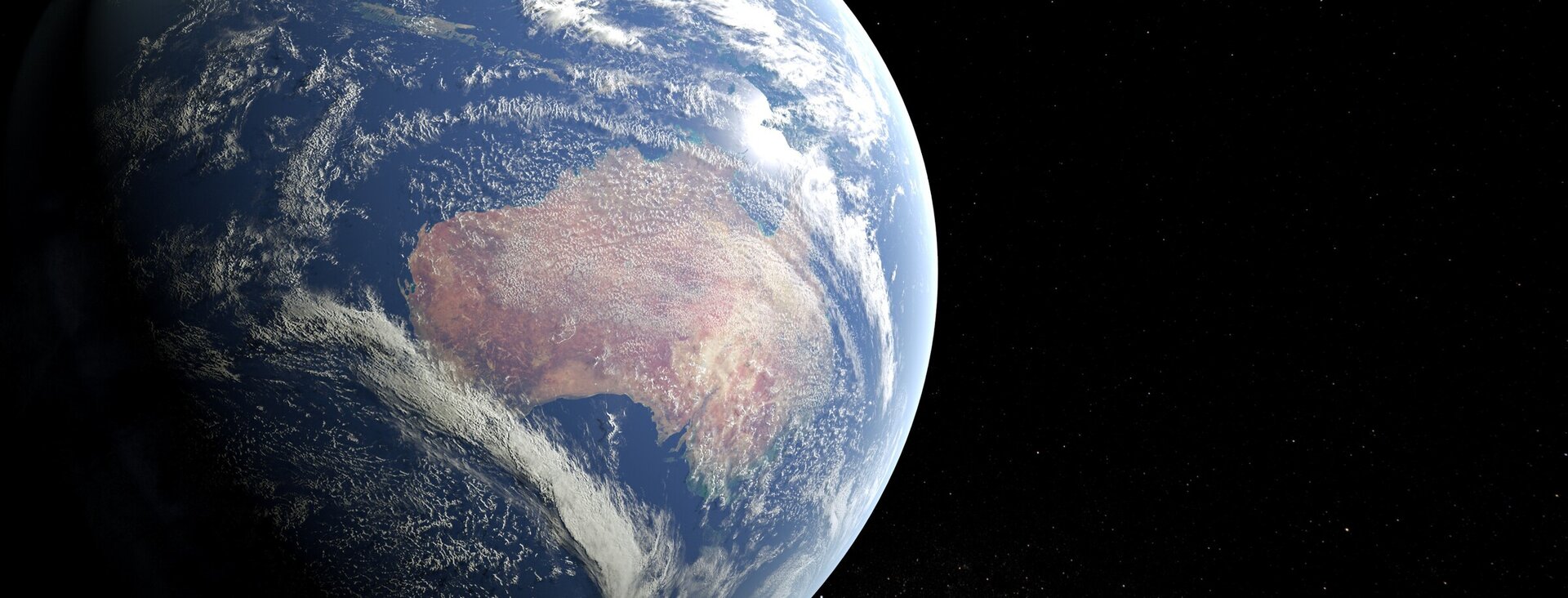Seagreens® organic, dried and milled nutritious food seaweed is the ideal ingredient to enhance a weight management plan and at the same time it ensures a highly nutritious diet.
Seagreens can enhance weight management through:- Increased satiety (feeling of fullness)
- Reducing the glycaemic index (GI) of other foods
- Providing balanced nutrition
- Detoxifying
- Improving gut health
- Tasting great!
How Seagreens helps you feel full...
Seagreens nutritious food seaweed can benefit weight management in a number of ways.
One way is that it makes you feel that you have eaten enough - it helps you feel like you are full.
Alginates are natural gelling agents found in many seaweeds (our previous blog article covers how you can use this gel in a totally different way!) In our stomach these gels make us feel fuller and keep you feeling full for longer.
One of the reasons we at SEA decided to partner with Seagreens over every other food seaweed brand we looked at is their extensive research in every aspect of their Seaweed.
A study at the Centre for Food Innovation at Sheffield Hallam University, UK, demonstrated that when consuming Seagreens, participants in the study consumed on average 179 less calories a day[I]. A reduction of 100 calories a day is considered effective for weight loss so this is a significant drop.
Importantly, the use of Seagreens did not affect the uptake of nutrients, which is a crucial and sometimes forgotten part of any weight management programme.
Now, about lowering GI...
Maintaining stable blood sugars should be a key part of any weight loss regime[i]
Everyone tells us we should eat low GI foods such as wholegrains and nuts for lasting energy, and avoid sugary sweets and refined carbohydrates which give us peaks in blood sugar but we feel hungry again sooner.
Now... our digestive enzymes break down dietary carbohydrates into glucose to be absorbed by the body.
But... Seagreens seaweeds contain substances called polyphenols that are known to inhibit the carbohydrate digesting enzymes α-amylase and α-glucosidase[ii],[iii],[iv].
This is important because this means that Seagreens seaweed added to a meal reduces the digestion of carbohydrates and so reduces absorption of calories[v].
This also slows the release of sugars into the blood effectively lowering the GI of the foods eaten.
Seagreens also helps weight management through its detoxifying action plus its beneficial effect on our gut.
Detoxification on a daily basis is important to rid the body of the multiple toxins it is exposed to. During weight loss programmes this need may be even greater as the body burns fat cells and any toxins stored within those cells are released.
And if you've been following our blog you would know that Seaweed has a beneficial effect on the gut health of all living things, and that includes us!
Detox and gut health are covered in more detail in our next article here.
And what was that last point?
Oh yes... taste!!! The most important one of all.
Seagreens tastes great! Jump on our online store and grab yourself some right now.
You'll be amazed at the difference it makes to your health and your life!
Blog post by Liz, based on an article "Seagreens in Weight Management" from Seagreens Information Service.
[1] Hall, A.C., Fairclough, A.C., Mahadevan, K., & Paxman, J.R. (2012). Ascophyllum nodosum enriched bread reduces subsequent energy intake with no effect on post-prandial glucose and cholesterol in healthy, overweight males. A pilot study. Appetite, 58, 379-386.
[1] Paxman, J. R., Richardson, J. C., Dettmar, P. W., & Corfe, B. M. (2008). Daily ingestion of alginate reduces energy intake in free living subjects. Appetite, 51, 713–719.
[1] Gallop, R., Living the GI diet2004, London: Virgin. 188 p
[1] Apostolidis, E. and C.M. Lee, In vitro potential of Ascophyllum nodosum phenolic antioxidant-mediated alpha-glucosidase and alpha-amylase inhibition. J Food Sci, 2010. 75(3): p. H97-102.
[1] Nwosu, F., et al., Anti-proliferative and potential anti-diabetic effects of phenolic-rich extracts from edible marine algae. Food Chemistry, 2011. 126(3): p. 1006-1012
[1] Zhang, J.Z., et al., Antidiabetic properties of polysaccharide- and polyphenolic-enriched fractions from the brown seaweed Ascophyllum nodosum. Canadian Journal of Physiology and Pharmacology, 2007. 85(11): p. 1116-1123.
[1] The role of lipid and carbohydrate digestive enzyme inhibitors in the management of obesity: a review of current and emerging therapeutic agents, 2010, Dove Press.
[1] Forbes, M.J. & Kyriasakis I. (1995) Food preferences in farm animals: why don’t they always choose wisely? Proceedings of the Nutrition Society 54, p. 429-440
[1] Commission Regulation (EU) No 432/2012 http://eur-lex.europa.eu/LexUriServ/LexUriServ.do?uri=OJ:L:2012:136:0001:0040:EN:PDF
[1] P. Pitchford, Healing with Whole Foods, Revised Edition, North Atlantic Books, 1993
[1] J. Pearson et al., University of Newcastle upon Tyne, Institute for Cell and Molecular Biosciences, in Critical Reviews in Food Science and Nutrition, November 2006
[1] H. A. Hopps et al. Marine Algae in Pharmaceutical Science, DeGruyter, New York 1979 xi(309):111
[1] Research Councils UK – Big Ideas for the Future report. Available to download: www.rcuk.ac.uk/documents/publications/BigIdeasfortheFuturereport.pdf (see page 58 for Seagreens)



